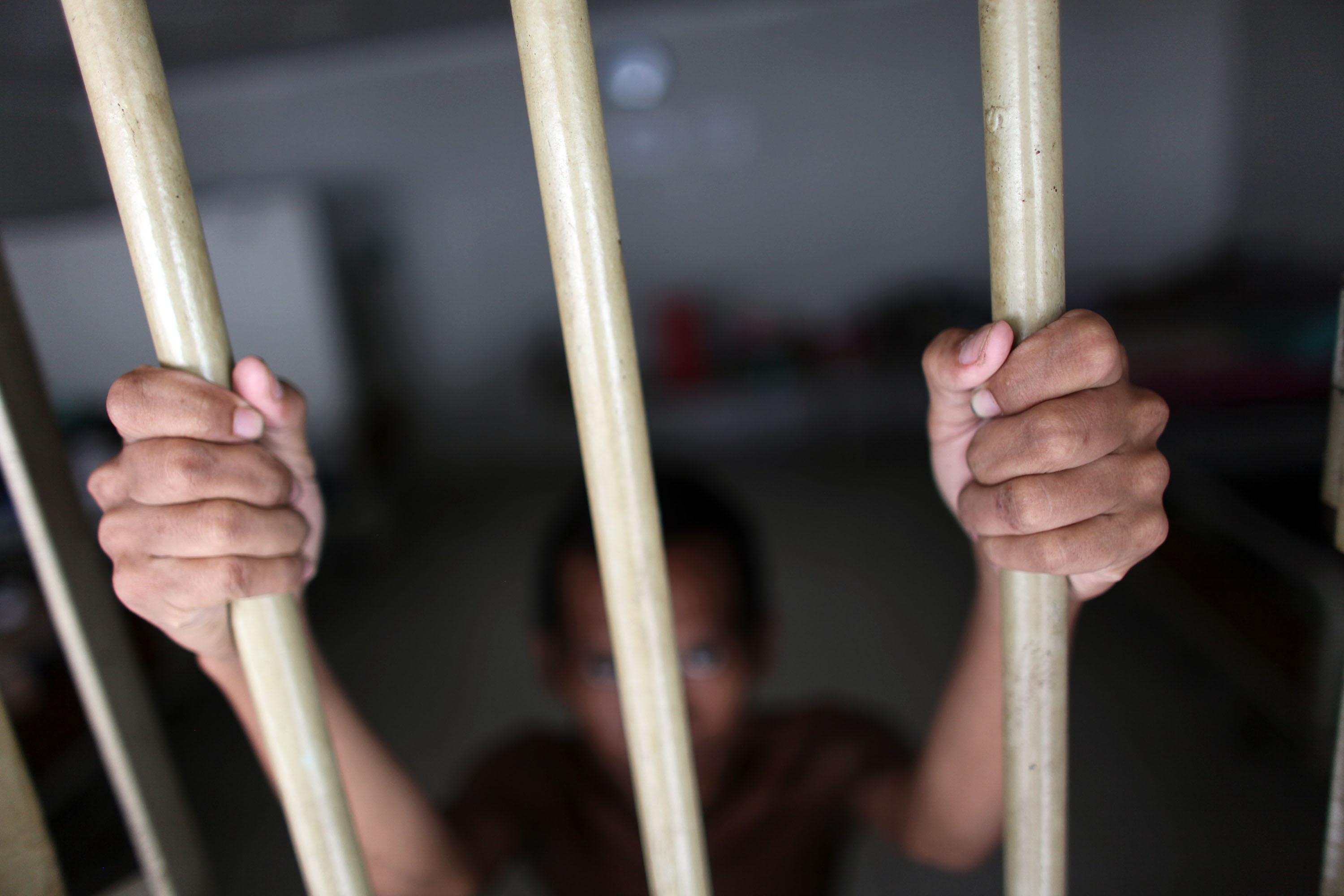Corruption poses a significant challenge in criminal justice systems globally, impacting the human rights of prisoners and the effective administration of justice. Prisons, due to their opaque nature, inherent power imbalances, and limited oversight, are particularly vulnerable to corruption. This can manifest in various forms, from petty bribery to large-scale misappropriation of funds to sexual corruption. These practices lead to preferential treatment by prison staff, often to the disadvantage of vulnerable groups, and contribute to dominance of organised crime groups within the prison system.
Detention monitors, with their unique access to prisons, play a critical role in addressing corruption, especially where political will is lacking. They can document evidence of corruption, engage in advocacy, and support evidence-based policymaking at various levels.
This guide, co-published by Penal Reform International and the U4 Anti-Corruption Resource Centre, offers an overview of corruption risks in prisons and recommends steps for addressing them. It is intended for use by various monitoring bodies, including National Preventive Mechanisms, National Human Rights Institutions, judicial monitors, ombudsperson offices, and civil society organisations, as well as by policymakers and prison staff.
Corruption in prisons impedes the rehabilitation of prisoners, which is crucial for reducing recidivism and improving public safety. Whether it takes the form of demands for bribes in exchange for basic needs or the embezzlement of funds intended for improving prison conditions, corruption has a direct impact on the human rights and day-to-day lives of prisoners. It disproportionately affects vulnerable groups within the prison population, exacerbating existing inequalities and discrimination.
A range of actors can participate in corrupt practices, including prison staff and high-level prison officials. Prisoners and their families may also engage in corruption, often due to coercion or power imbalances. Corruption may extend to private contractors and civil society organisations performing public functions or providing services in prisons. Monitors need to be aware of these dynamics to address corruption effectively.
Many factors contribute to the risk of corruption in prisons:
- Inadequate resources: Prisons often lack sufficient resources to provide basic necessities and decent living conditions for detainees, leading to an informal prison economy of bribery and contraband.
- Inadequate pay, working conditions, and training of staff: Low pay and poor working conditions can drive prison staff to engage in corrupt practices out of resentment and/or economic need. Many prison systems do not adequately monitor the integrity and competence of their staff or provide training that focuses on corruption prevention.
- High levels of unchecked discretion: A lack of enforceable rules and clear direction allows staff to make individual decisions on a range of matters and to demand bribes in relation to almost every aspect of the prison regime.
- Unprofessional relationships: Inappropriate relationships between prisoners and staff may arise for various reasons, leading to favouritism and tolerance of corrupt acts.
- Lack of accountability in procurement: The procurement of goods and services in prisons often lacks transparency. This provides opportunities for many types of wrongdoing, up to and including grand corruption.
- Organised crime and criminal subcultures: In many prisons, powerful groups of prisoners create their own rules and codes of conduct, in some cases effectively controlling the prison or sharing control with prison authorities. This creates an environment in which corruption and human rights violations can run rampant.
- Poor institutional culture: An absence of enforceable codes of conduct, channels for reporting corrupt behaviour, and accountability procedures allows corruption to flourish.
When monitoring for corruption, it is essential to:
- Understand national and international definitions of corruption.
- Be aware of the types of corruption likely to be encountered in prisons.
- Document evidence of corruption carefully to support recommendations.
- Consider the wide range of actors involved in corruption, including public and private entities.
- Recognise that some behaviours may not constitute corruption unless they involve an abuse of power for private gain.
To effectively address corruption in prisons, monitors should:
- Engage in dialogue: Constructively engage with prison authorities and governments to discuss recommendations.
- Promote whistleblowing systems: Encourage the establishment of systems that allow staff and prisoners to report corruption safely.
- Recommend independent investigations: Advocate for and contribute to independent investigations of corruption allegations.
- Contribute to policy and law reform: Work towards improving policies, processes, and laws to better address and criminalise corruption.
- Promote transparency: Advocate for greater transparency in prison administration and operations, including around procurement.
By addressing these aspects, detention monitors can significantly contribute to tackling corruption in prisons, thereby improving the administration of justice and the conditions for prisoners.


